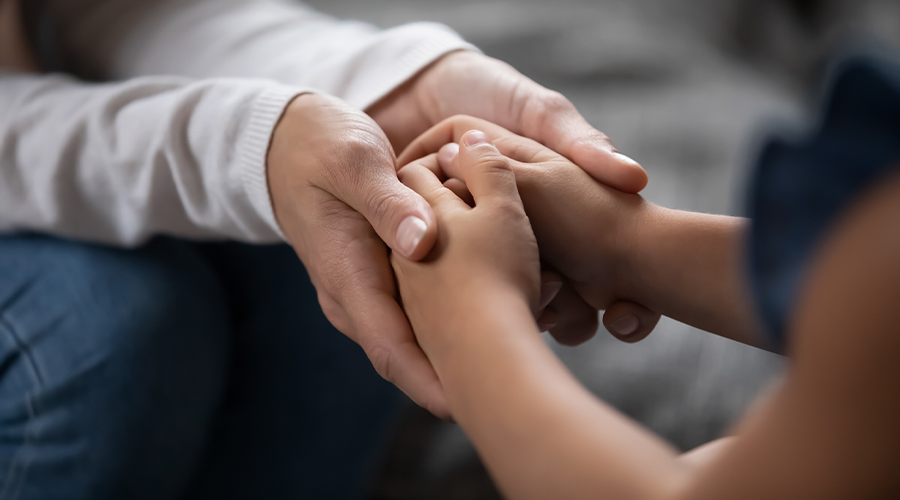

Child care proceedings in court are also known as public law proceedings or care proceedings. This can be an overwhelming and highly stressful time for parties involved and the seriousness of care proceedings cannot be overstated.
In this article, we break down what care proceedings are and what a timetable of proceedings can look like.
How do care proceedings start?
In most cases, if the local authority has concerns about a child’s welfare, they will initiate something called the Public Law Outline. These can be known as PLO proceedings or pre-proceedings. Throughout the PLO, the local authority will work with the parents to discuss their concerns and what work can be done to keep the child safe.
At the end of the PLO, the local authority will hold a final meeting to review all the evidence and what progress has been made over the course of the PLO.
Sometimes, however, the circumstances are more urgent and cannot wait for a PLO. In these cases, the local authority may start care proceedings by making an urgent application to the court to place the child in a temporary foster placement. This ensures that they are safe and cared for while further evidence is gathered.
The local authority cannot do this without any evidence – they are required to show the court that the child has suffered or is at imminent risk of suffering significant harm. This is known as “threshold”.
What are the different hearings for?
The structure and schedule of each care case can vary hugely depending on the specific circumstances. However, there are some hearings that are commonplace in each set of care proceedings.
Case Management Hearings
The first hearing in care proceedings is called a Case Management Hearing. As the name suggests, this hearing is for administrative purposes and allows the parties and the court to decide what evidence is needed to make a final decision. The parties will also decide when this evidence needs to be filed by. No final decisions are made at a Case Management Hearing.
Issues Resolution Hearings
The next hearing is known as an Issues Resolution Hearing, sometimes known as an IRH. At this hearing the parties will attempt to resolve the issues. If all parties are agreed on what should happen, the court can make a Final Order and conclude matters at the IRH. If any issues are in dispute, the matter will proceed to a Final Hearing.
Final Hearings
At a Final Hearing, the court will hear evidence from relevant parties and will consider all the evidence before making a decision on what should happen. The court has lots of factors to consider, but their paramount consideration is the child’s welfare. Any decisions the court makes must be guided by what is best for the child.
How long will care proceedings take?
One of the key concepts that the Family Court has to grapple with is that delay is not in the best interests of a child. A child needs stability and permanence in order to flourish, and court proceedings that are drawn out over years will not be beneficial to the child.
On this basis, the general rule is that care proceedings should take no longer than 26 weeks. When the court is deciding the timetable for the proceedings, they will always aim to list a Final Hearing before this 26-week period expires.
However, this is not a blanket rule, and the length of proceedings can vary depending on the circumstances. Due to the seriousness of care proceedings, the court will want to make sure it has all the necessary evidence and sometimes this might mean that care proceedings are extended beyond 26 weeks.
A visual guide to the stages which are gone through leading up to a Final Hearing during care proceedings is available here.










